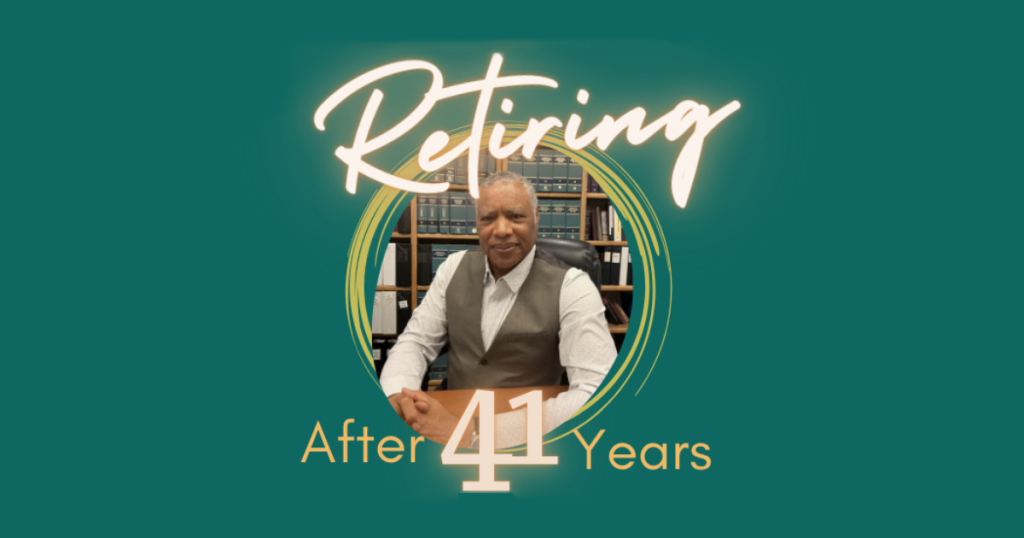by Rose Daly-Rooney, Legal Director
Carlos has autism and runs from the classroom when he is frustrated by his academic work or overwhelmed by the noise in the cafeteria or during assemblies. His grandmother—who has power of attorney while his mother is deployed—does not agree with the school’s proposed plan for addressing the behavior and providing adequate safety measures in Carlos’ Individualized Education Program (IEP). She has suggested techniques recommended by an independent evaluator, which the school has rejected.
***
Khalil is a student with an emotional disability who has had a difficult time transitioning to middle school. He is not completing or turning in assignments. He is withdrawn from class and refuses to participate in class discussion. Khalil’s behavioral health provider made specific recommendations at an IEP meeting that the parents agree with, but the school did not amend Khalil’s IEP to include any of the proposals.
***
Sarah is a student with a specific learning disability who is currently in the county juvenile detention center. The county juvenile detention center did not provide the special education listed in Sarah’s IEP for 10 weeks while their learning disability specialist was on parental leave. The detention center agrees they need to provide compensatory special education, but Sarah’s parent and the juvenile court personnel disagree about how much compensatory education should be provided and the specific plan to provide it.
Which of these parents may request mediation to attempt to resolve the dispute? All of them.
Mediation is an informal process run by a qualified and impartial mediator to help parents or students who are 18 years or older and the responsible school district resolve disputes about the student’s eligibility, special education services, IEP or placement. The parents and the school districts make decisions about whether and how to settle the dispute. The mediator helps facilitate the discussion, brainstorm possible solutions with the parties, and clarify each parties’ positions.
The dispute resolution options, including mediation, apply to other public agencies responsible for educating youth under the IDEA, including the State Department of Juvenile Corrections, the Juvenile Court, county jails, and the Arizona Department of Corrections. The information in this Post applies equally to public agencies. For more information about public agencies providing special education, go to DRAZ’s previous blog post series.
The Individuals with Disabilities Education Act, or IDEA, requires that the state’s mediation system satisfy the following conditions:
- be voluntary;
- not be used to deny or delay a due process hearing or other IDEA right;
- be at no cost to the parties;
- be scheduled in a timely manner and in a convenient location;
- be run by a qualified and impartial mediator selected from a list of qualified and impartial mediators provided by the state department of education.
Under the IDEA, a qualified mediator is one who is trained in effective mediation techniques and knowledgeable about special education laws and rules. To be impartial, the mediator must not be an employee of the state department of education or the school districts or have a professional or personal interest in the student. Mediators must be selected on a random, rotational, or other impartial basis. The mediator is selected by the state department of education, not by either party.
Under the IDEA, when parties reach an agreement, the terms of the agreement must be put in writing and signed by the parent and a representative of the school district who has the agency’s authority to enter into the agreement. The mediation agreement may address all the disputed issues or leave some issues for more dispute resolution procedures. The written mediation agreement is a contract that binds both parties to the terms. If one party does not fulfill the terms, the other party may file a lawsuit in the state superior court or the federal district court to enforce the terms.
To sum mediation up, it is a free, informal and voluntary opportunity for you to explore creative and flexible solutions with the school district to fully or partially resolve your dispute. In general, using mediation is more cooperative and less adversarial than other formal dispute resolution options.
If you think you have a conflict that might benefit from a mediation session with a trained mediator, you can submit this request form to the Arizona Department of Education.
Tomorrow’s Post: Preparing for Mediation
